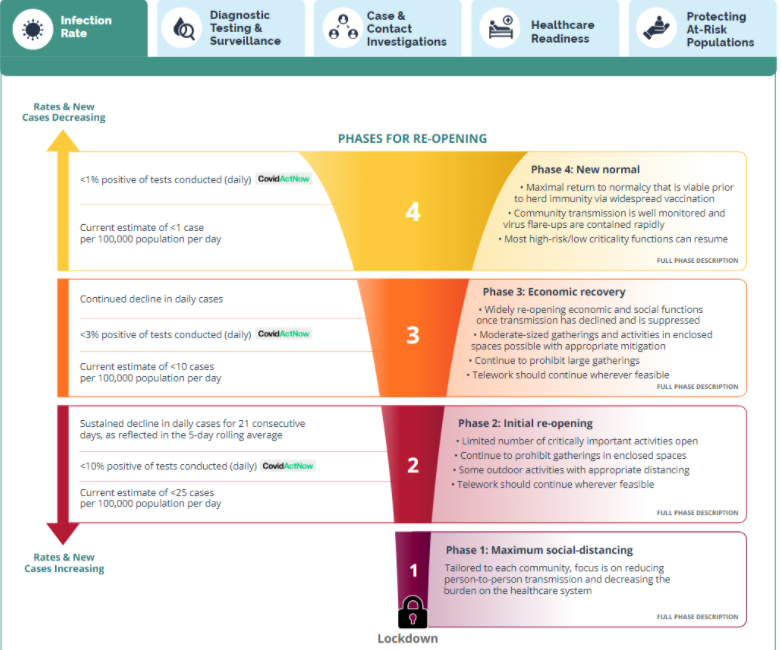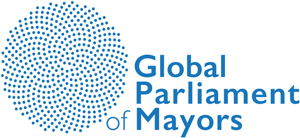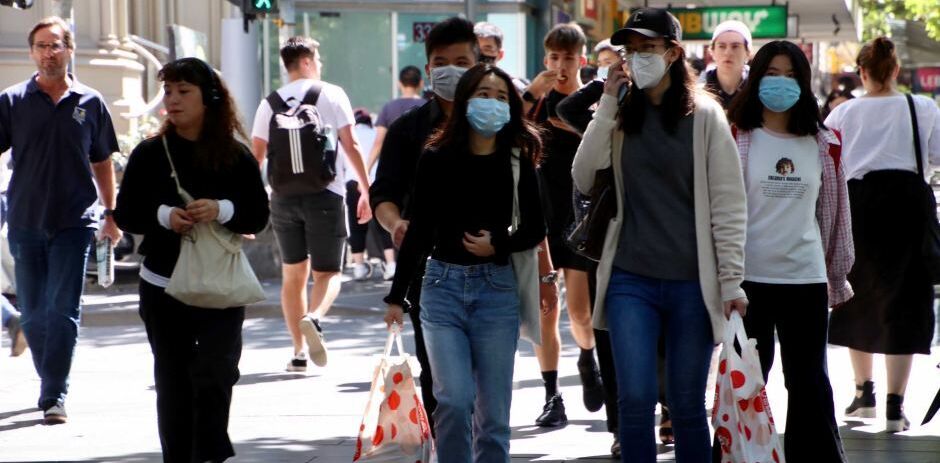11 September 2020 – While COVID-19 has spread rapidly in urban and rural areas alike, scholars in the Center for Global Health Science & Security (CGHSS) at Georgetown University Medical Center have been working on pandemic preparedness in cities for years. Nearly a decade ago, Dr. Rebecca Katz, CGHSS Director, co-authored an article redefining the paradigm for public health interventions in the 21st century. Two years ago, Katz and Matthew Boyce, Senior Research Associate at CGHSS, wrote about how future large-scale infectious disease outbreaks, including pandemics, would primarily involve cities.
The role and capacity of local governments to prepare for and manage a global pandemic has been a core subject of Georgetown’s engagement with the Global Parliament of Mayors (GPM). GPM has recently launched the Corona Crisis Campaign, to rapidly share information and approaches for responding to the pandemic, supported by the Georgetown Global Cities Initiative.
Prof. Katz and CGHSS strive to provide decision makers the tools they need to prevent, detect and respond to public health emergencies. The Center has been at the heart of local community COVID-19 response efforts across the United States and around the world. Two strategic resources designed to help cities address public health challenges include the COVID-Local response guide and the Rapid Urban Health Security Assessment (RUHSA) Tool.
COVID-Local is a result of coordinated efforts with other experts at the Nuclear Threat Initiative and the Center for Global Development and includes a guide for local decision makers that builds upon and complements guidance provided by other authorities. The tool includes multiple versions tailored for cities in the United States, cities in low and middle-income countries, and a re-opening framework for cities which includes recommended performance metrics. COVID-Local has been used and lauded by mayors around the United States and highlighted various news outlets, including NBC and the Guardian.
The RUHSA tool is a resource for supporting urban public policy to improve local-level pandemic preparedness. Recently published with support from the Open Philanthropy Project, RUHSA has potential applications for immediately informing COVID-19 response efforts, but its greatest value may be related to informing longer-term capacity development initiatives.
“When I look back on what we have collectively experienced over the last 8-months, it is clear that Covid-19 has catapulted city leaders around the world to lead response efforts and protect population health. They have done so even with limited resources and guidance, and we look forward to working with cities to capture experiences and build stronger, more resilient urban governance of disease,” reflected Prof. Rebecca Katz.


